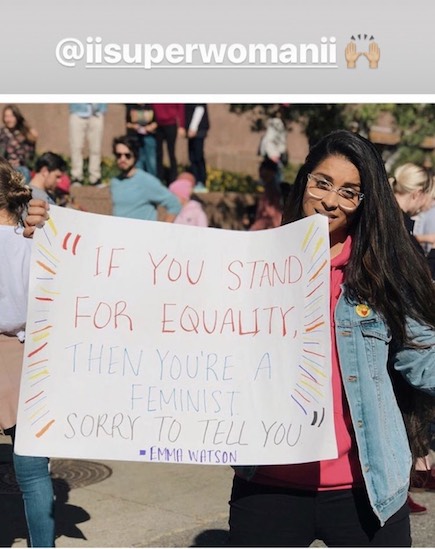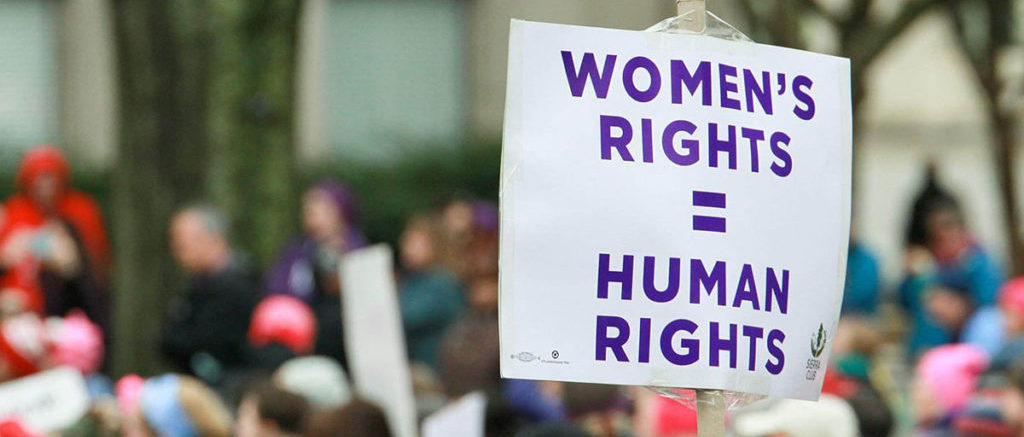The words and phrases we use matter. The meaning and context of what we say, never mind the spoken language, affects people, directly and indirectly. It shapes how kids think, making a lasting impact on people’s thoughts and opinions of themselves and the world as a whole. During the World War 1, governments recruited unwilling men and women to the army by media manipulation. These included invoking a sense of national duty, using guilt-stricken phrases and pictures that would question men’s masculinity. While that sort of extreme and direct manipulation is illegal in democracies, everyday language also indirectly hurts people.
Why we should stop saying “don’t be a girl”
India has a diversity of languages, and one ubiquitous phrase found in all the languages is using femininity as an insult. “Like a girls” is a derogatory term. It signals that women and girls should aspire to be like men or portray more traditionally masculine qualities.
Feminism is a fight for Equality

Picture featured on Sayfty’s Instagram story
Every time a famous figure claims to be or not be a feminist, its headlines. They are buying into the corruption of the word, feminist. Recently my friend confessed that she is almost scared of saying that she’s a feminist, because people might assume she is against or biased towards either of sexes. It is time to debunk these misconceptions and go back to the roots of feminism. It is a concept that essentially means a person who believes in equality amongst genders. Words such as “humanist” and “equality promoter” fly around when in reality, feminism already means someone who believes in equality.
Categorizing women and it’s consequences
And no, this doesn’t mean the videos on Youtube about kinds of parties or types of girlfriends are bad. They are hilarious, and some YouTubers are making a difference with their videos, hint, check Lilly Singh out! Categorizing women for their professional attributes and personal choices leads to self-labelling. Our society as a whole tends to categorize women. Often, women who focus on their career are told that they are not marriage material or a woman who has other goals in life are told that they have to be a certain way. It affects their opinions of themselves.
When a person is continuously nagged about how they should be or what their goals and priorities should be, it weighs in on their perceptions of their lives. We should be conscious of the language we use. We should think of the signs we send girls and women. Let’s try and quash the misinterpretations around labelling and categorizing people.
About the Author

Vidhatri Pattapu is a feminist and sociology undergraduate student. Interested in making this world a more equal and safe space for people of every gender, race, ethnicity, and nationality.
Featured Picture Credit: https: http://www.wolfforpa.com
